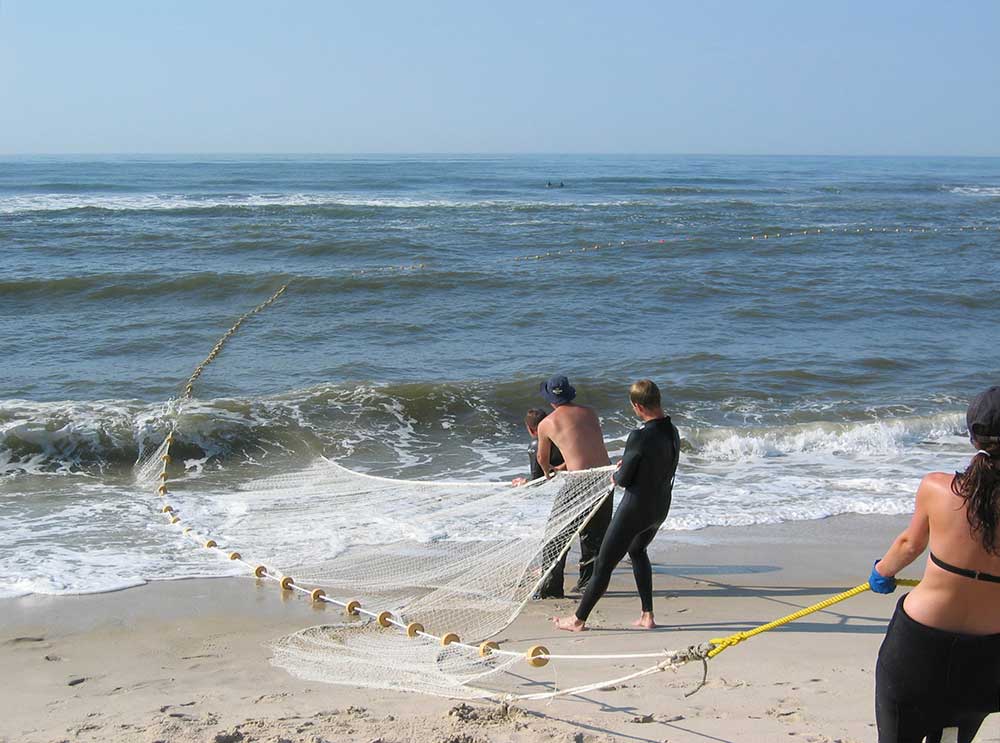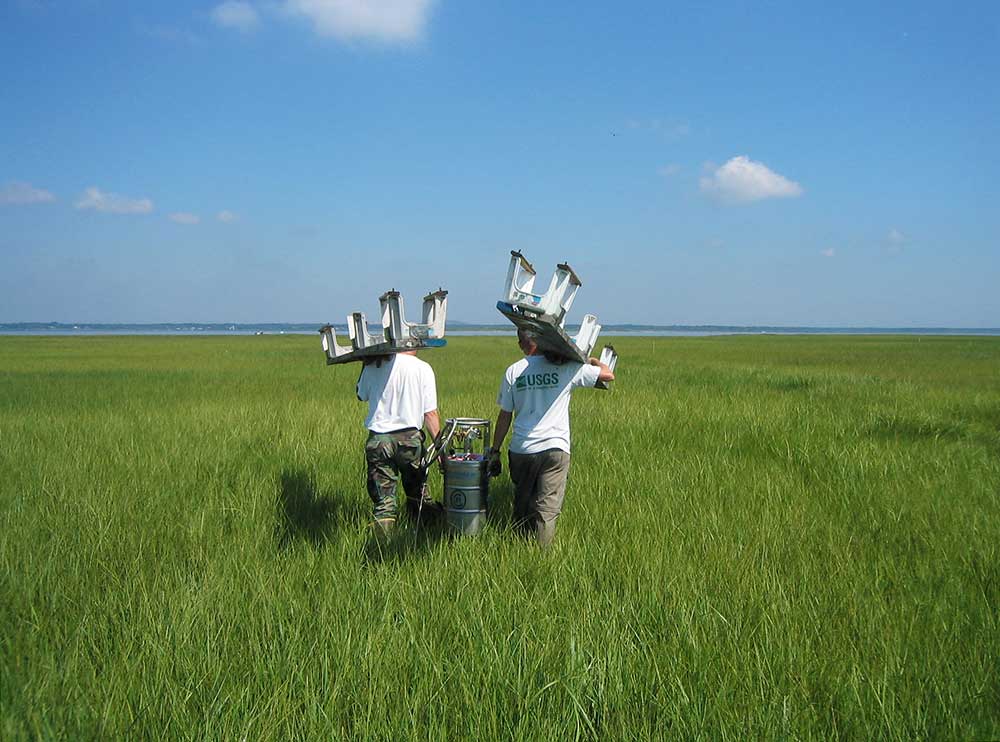In accordance with the CESU cooperative agreement, federal agency scientists and managers are required to have substantial involvement in all CESU projects, often providing technical guidance, participating in data collection, analysis and interpretation, and assisting with report preparation or outreach, among other collaborative activities. This is a fundamental strength of the North Atlantic Coast CESU and all of the 17 CESUs in the National Network. The joining of the different perspectives of agency and non-federal project participants enriches the quality and successful attainment of each project’s research and management objectives. Students are particular beneficiaries of the CESU experience with first-hand exposure to both federal and academic career paths. Learn of other benefits to federal and non-federal CESU partners.
Beneficiaries of the CESU: Federal and Non-Federal Partners, Students, and Taxpayers

Collaboration and partnership among federal and non-federal partners are fundamental cornerstones to the successful operation of the CESU program. Certainly, the accomplishment of such coalitions should awaken pride in the alumni of distinctive private or land grant universities as well as technical or vocational school graduates, who can all discern that such partnerships are an excellent use of an educated citizenry and public money.
Many valuable federal grant programs provide funds to academic institutions and other entities to pursue scientific endeavors; however, the CESU is unique as financial support and organizational guidance are provided through a cooperative agreement, but with important differences from a grant or contract. In accordance with the CESU cooperative and joint venture agreement, federal agency scientists and managers are required to have substantial involvement (beyond routine oversight) in all CESU projects. Such engagement is mutually inspirational as federal scientists, university faculty and students, and independent laboratories work in teams thereby expanding perspectives and enriching research and learning experiences. Federal partners participate in data collection, analysis and interpretation of findings, assist with report preparation or outreach, share ideas regarding science needs to address management issues, and provide technical expertise, among other collaborative activities. Such work brings new frames of mind to bear on a given problem to the benefit of all, including the most plentiful population of “silent investment partners”—the taxpayer. This amalgamation of skills and viewpoints is an essential strength of the North Atlantic Coast CESU and of all CESUs in the National Network.

Photo credit: C. Roman/National Park Service
As the distinct perspectives of agency and non-federal project participants are integrated, each project’s research and management objectives are more certain to be attained with excellence and participants’ knowledge enriched on behalf of the environment and our cultural heritage. As the global library of knowledge grows at an ever-faster rate so too does our collective challenge to grasp complex and inextricably linked phenomena. Creating teams of experts across a spectrum of expectations and goals from the theoretical to the applied catalyzes the freedom of experimentation and blends findings with application. Students with their nimble minds are particular beneficiaries of the CESU experience with first-hand exposure to federal agency, independent laboratory, and academic career paths.
The Network is a boon to all citizens as they reap the benefits of cost-saving collaborations, accrued scientific and humanistic knowledge, practices, and solutions to evolving challenges for the benefit of this and future generations. Learn of other benefits to federal and non-federal CESU partners at the National CESU website.


